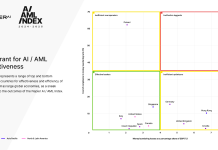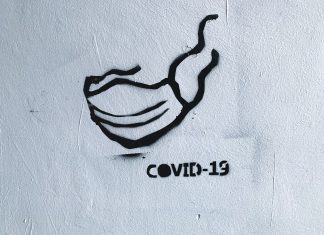Car accidents and vehicle breakdowns are an unfortunate but mostly unavoidable part of life for the global population. However, victims in these cases can someone be easy targets for scam artists.
Recent work by Quantexa has examined how tow truck operators can scam unsuspecting victims and looked deeper into predatory towing, which is when a towing firm tows a legally or illegally parked vehicle without a contract and/or against the law.
What does a typical towing scam look like? Some tow truck operators can use police scanners to track vehicle accidents and rush to the scene of a crash to pray on unsuspecting victims. These operators can use high-pressure tactics to encourage victims to sign forms citing terms and fees they have not agreed to or understood.
According to Quantexa, these cases point to a bigger picture in vehicle crime – the competition for the vast money in insurance has drawn organised criminals into towing operations, leaving victims and insurance firms looking for answers.
The company noted that in order to combat organised criminal activity, insurers must be able to identify the individuals and companies involved by connecting addresses and phone numbers to link the disparate data points and create a clear picture of relationships.
Currently, insurance firms receive and process hundreds of thousands of automobile claims every year, using data and the claim information to evaluate and process them as quickly and efficiently as possible. By adopting proactive approaches and a process of detection, monitoring and investigation of insurance fraud, firms can identify and prevent fraudulent activity and protect the insured from rogue tow truck operators and organised criminal activity.
Quantexa continued, “By leveraging the power of advanced analytics to connect previously unknown relationship between tow truck operators and body shops, legal and litigation activity, and corporate ownership data, insurers can detect and prevent fraudulent payments before they go out the door.”
Insurance companies rely on the data they receive as well as the access they have to other data sources to process claims, identify fraudulent activities and make accurate decisions. However, there are often millions of data points spread across multiple systems that need to be turned into actionable and understandable insights. Quantexa believes firms need a single view of the customer, claimant and third-party risk – something that can be achieved through process resolution, where insurers are able to gain a better understanding of who they are dealing with.
Quantexa concluded, “Fraud detection solutions and investigation of insurance fraud and vehicle crime can prevent continued victimization and additional financial loss. The ability to connect organized criminal conspiracies to individuals and businesses can provide insurance companies with the intelligence and decision-making power to protect accident victims and prevent future towing scams and claim losses.
“Law Enforcement and first responders can be trained to spot bad actors and fraudulent activity, but most of all insurance companies can deploy the resources and technology to identify, investigate and prevent fraudulent activity before future towing scams can be successfully accomplished.”
The full post can be read here.
Copyright © 2018 RegTech Analyst






